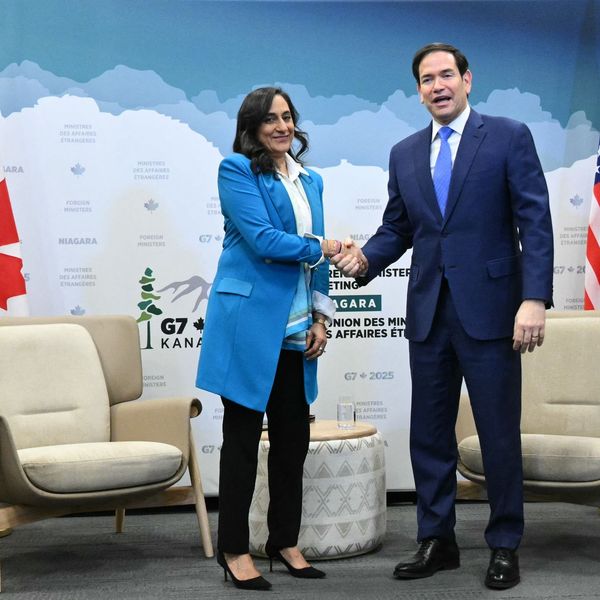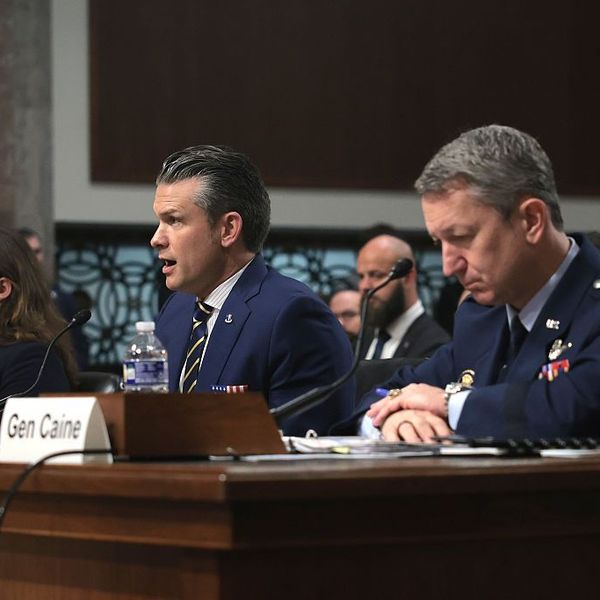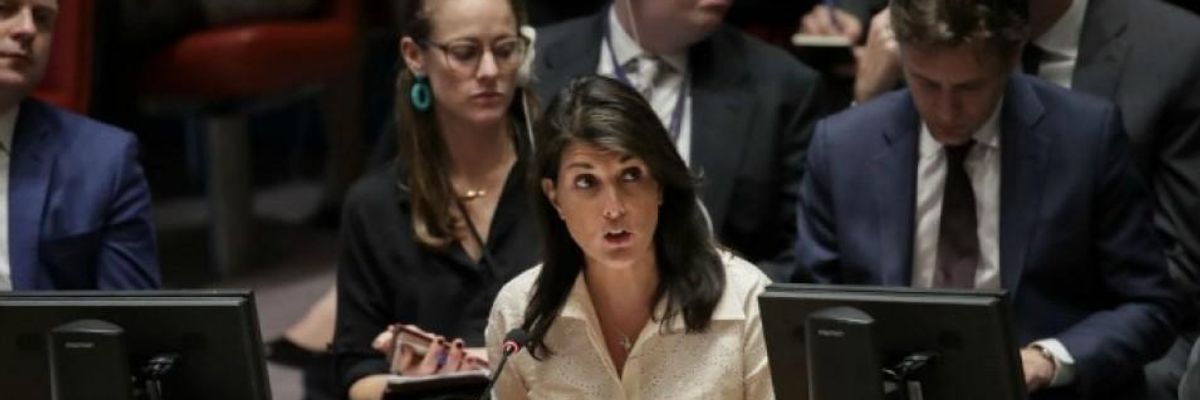After U.S. Ambassador to the United Nations Nikki Haley fired off a letter (pdf) this week blaming prominent human rights organizations for the Trump administration's widely condemned decision to withdraw from the U.N. Human Rights Council over its alleged anti-Israel bias, Amnesty International denounced Haley's contempt for rights groups in a letter of its own late Thursday and said it will continue fighting for necessary humanitarian reforms with or without U.S. support.
"Blaming human rights groups for the USA's regrettable decision ignores the tireless campaigning done by Amnesty International and others to reform the Human Rights Council, including calling for higher membership standards."
--Salil Shetty, Amnesty International
"This letter expresses open hostility towards human rights organizations with different opinions to the United States," Salil Shetty, Amnesty International's secretary general, said in a statement responding to Haley's claim Amnesty was working to block necessary reforms to the Human Rights Council. "As civil society, our job is to hold those in power to account, and refusing to engage with anyone who disagrees with it will leave the Trump administration in a very lonely place."
"Blaming human rights groups for the USA's regrettable decision ignores the tireless campaigning done by Amnesty International and others to reform the Human Rights Council, including calling for higher membership standards," Shetty added. "Glossing over the facts will not help the USA's standing on the international stage."
Acknowledging that the Human Rights Council certainly has urgent problems--one of which is the membership of U.S. ally Saudi Arabia, whose grotesque abuses are directly aided by the Trump administration--Shetty notes in his letter to Haley that the White House's decision to withdraw from the international body does nothing to solve these issues.
"As the main U.N. body on human rights, the council has been responsive to crises and situations of chronic human suffering--including setting up investigative teams to look into abuses in Myanmar, Syria, and Yemen," Shetty writes. "It is unfortunate that rather than engage in reforming the council from within, where you could make a difference, the United States instead chose to make a grand exit while attacking the credibility of the very institution it has helped strengthen in the past."
The exchange between Haley, Amnesty, and other major human rights groups comes as the Trump administration is increasingly facing international condemnation of its cruel separation of more than 2,000 immigrant children from their parents at the U.S.-Mexico border.
In a speech before the Human Rights Council just a day before the Haley announced the U.S. decision to withdraw from the body, U.N. High Commissioner for Human Rights Zeid Ra'ad Al Hussein called the Trump administration's policy "unconscionable."
Concluding his response to Haley's attack on Thursday, Shetty vowed that Amnesty will "continue to seek better solutions to challenges in the council, working together and constructively to strengthen the enjoyment of human rights around the world."



